
OKX Wallet login-APP, download it now, new users will receive a novice gift pack.
 Binance APK
Binance APK
742.26MB
Check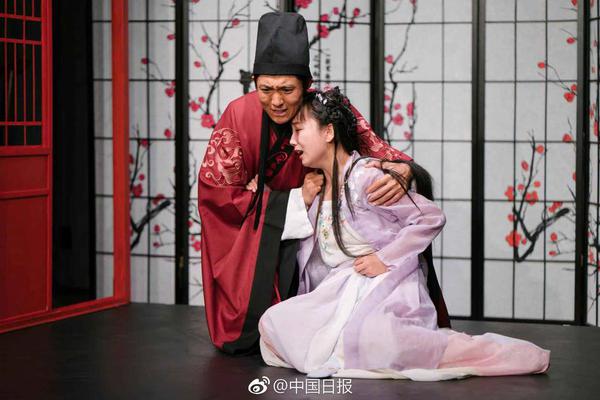 Binance exchange
Binance exchange
572.87MB
Check OKX download
OKX download
797.87MB
Check OKX Wallet extension
OKX Wallet extension
318.23MB
Check Binance Download for PC Windows 10
Binance Download for PC Windows 10
467.15MB
Check Binance login
Binance login
582.95MB
Check Binance login
Binance login
446.56MB
Check OKX Wallet Sign up
OKX Wallet Sign up
176.26MB
Check Binance download iOS
Binance download iOS
826.19MB
Check Binance app download Play Store
Binance app download Play Store
463.36MB
Check OKX Wallet login
OKX Wallet login
362.29MB
Check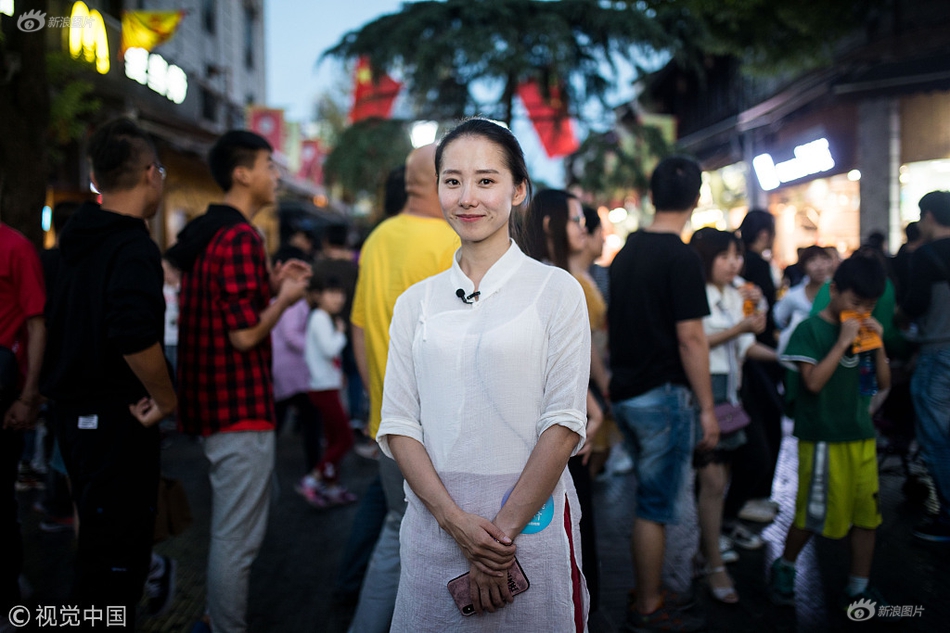 OKX Wallet apk download latest version
OKX Wallet apk download latest version
532.59MB
Check OKX Wallet to exchange
OKX Wallet to exchange
515.34MB
Check OKX Wallet to exchange
OKX Wallet to exchange
579.32MB
Check Binance login App
Binance login App
535.45MB
Check Binance APK
Binance APK
416.39MB
Check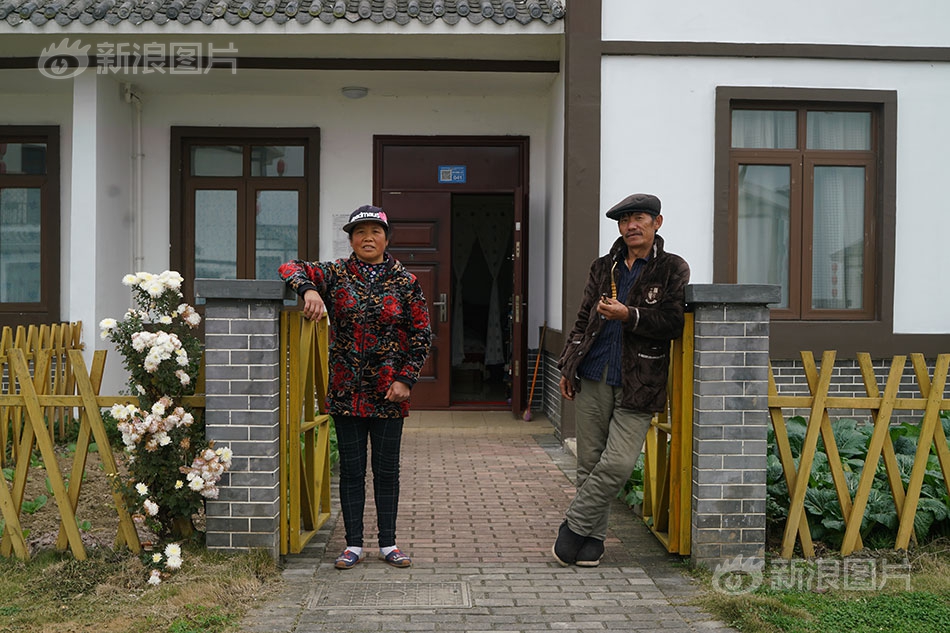 Binance login
Binance login
644.14MB
Check OKX Wallet to exchange
OKX Wallet to exchange
578.52MB
Check Binance US
Binance US
723.72MB
Check OKX Wallet APK
OKX Wallet APK
674.52MB
Check Binance login
Binance login
823.76MB
Check Binance wallet
Binance wallet
742.53MB
Check Binance APK
Binance APK
757.15MB
Check OKX Wallet extension
OKX Wallet extension
446.19MB
Check Binance download APK
Binance download APK
692.28MB
Check OKX Wallet
OKX Wallet
733.46MB
Check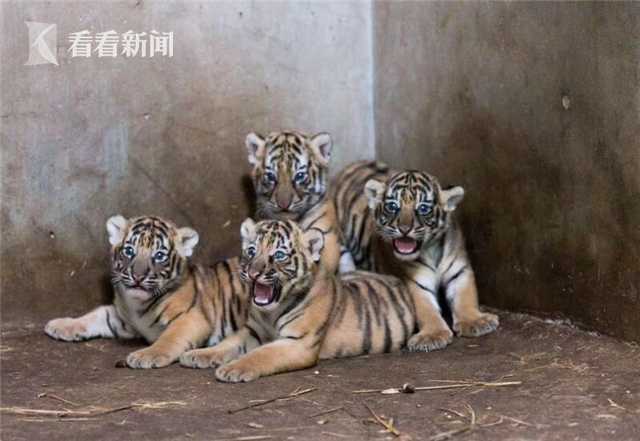 Binance wallet
Binance wallet
996.81MB
Check okx.com login
okx.com login
774.43MB
Check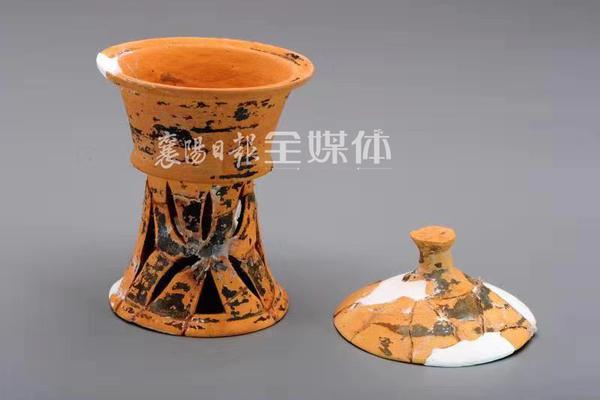 OKX Wallet extension
OKX Wallet extension
264.73MB
Check Binance exchange
Binance exchange
634.66MB
Check Binance US
Binance US
314.32MB
Check Binance download
Binance download
321.64MB
Check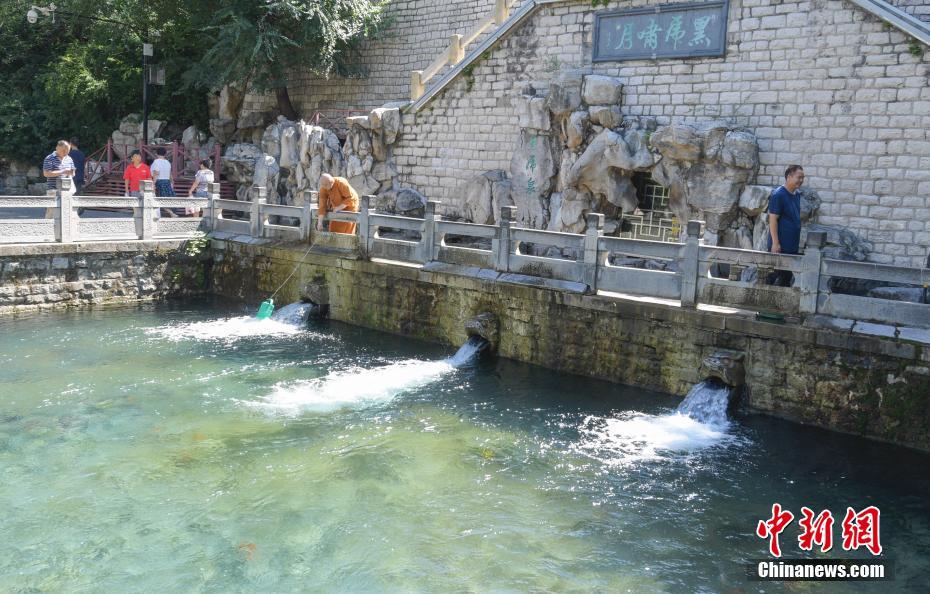 Binance app download Play Store
Binance app download Play Store
967.88MB
Check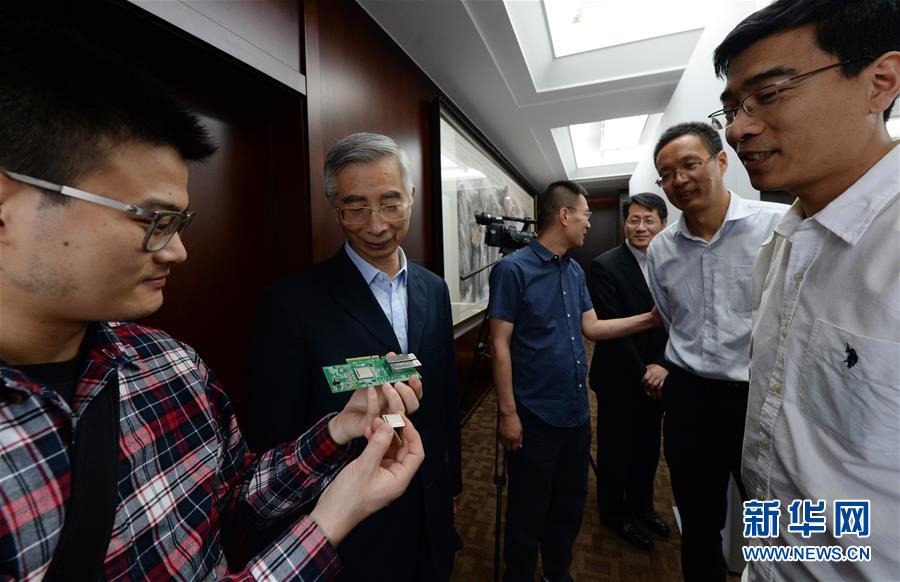 Binance US
Binance US
528.12MB
Check OKX Wallet login
OKX Wallet login
597.13MB
Check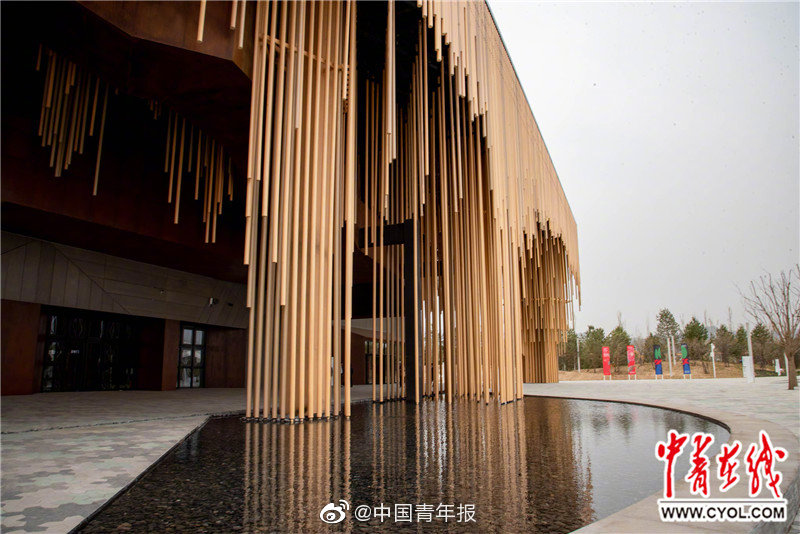 OKX Wallet apk download latest version
OKX Wallet apk download latest version
334.87MB
Check
Scan to install
OKX Wallet login to discover more
Netizen comments More
203 脸红耳热网
2025-01-23 03:40 recommend
1383 兔角牛翼网
2025-01-23 03:20 recommend
2824 浩气长存网
2025-01-23 02:57 recommend
2235 大庭广众网
2025-01-23 02:35 recommend
891 黄粱美梦网
2025-01-23 02:25 recommend